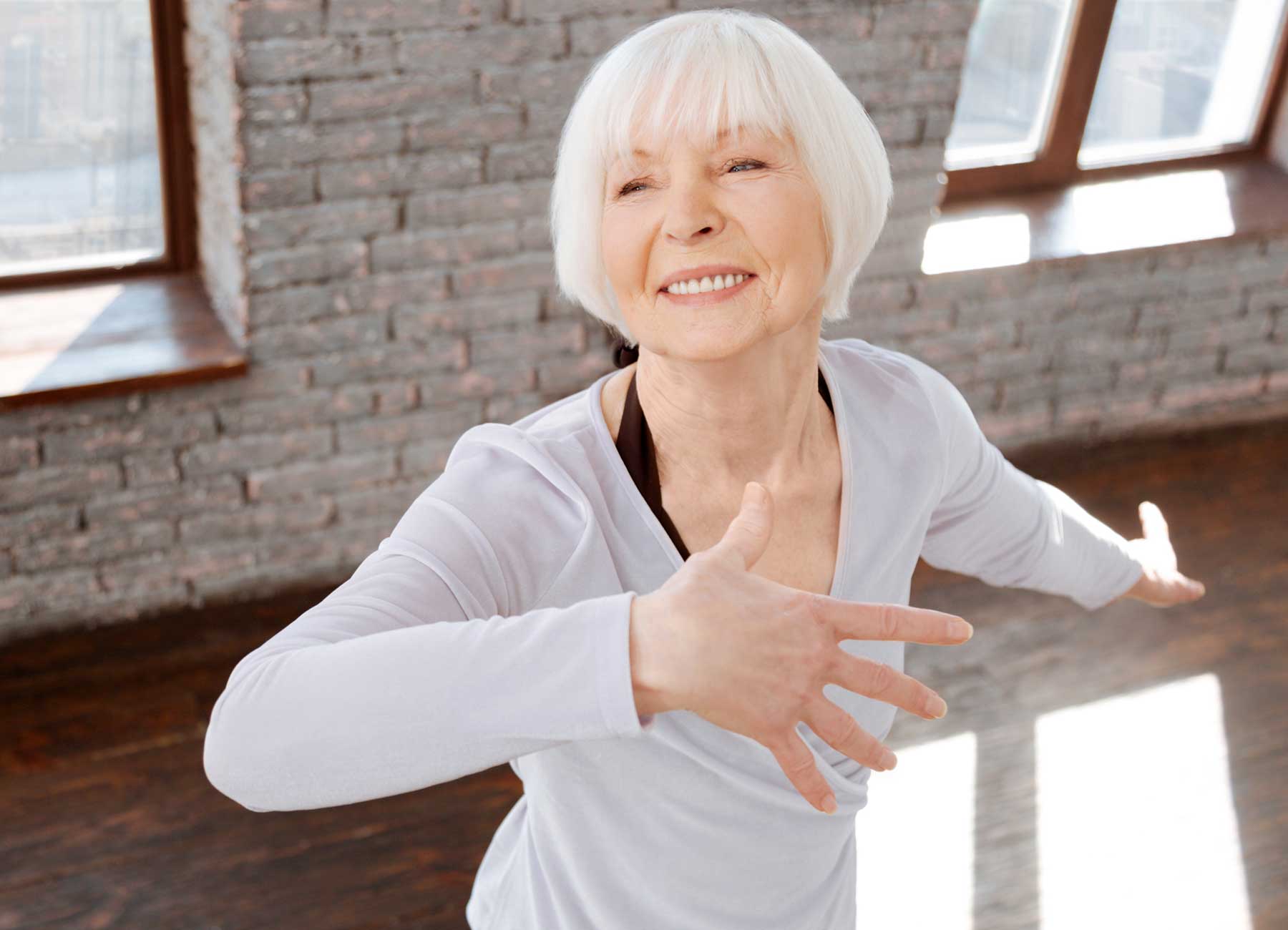In 2020, more than 64,000 people died from traumatic brain injuries (TBIs), according to the Centers for Disease Control and Prevention (CDC). While not every bump to the head will cause a TBI, it’s essential to know what to do if you sustain a head injury.
Types of Traumatic Brain Injuries
There are three types of traumatic brain injuries: mild TBI or concussion, moderate TBI, and severe TBI. Most TBIs are caused by falls, automobile accidents, assaults, or firearm-related suicide.
TBIs can lead to short- or long-term symptoms, depending on the severity. For example, symptoms from a single mild concussion usually resolve after a few weeks or months. But a more severe head injury can cause life-long effects or even death.
Head Injuries in Children
If your child hits their head, they should be evaluated by a medical professional. TBIs can affect children differently than adults, impacting their development and ability to participate in school, sports and other activities.
Head Injuries in Older Adults
Traumatic brain injuries are more likely to cause hospitalization and death in older adults. These injuries are sometimes missed or mistaken for other conditions, like dementia. Also, some older adults are on blood thinners, which can increase the risk of brain bleeding.
How to Reduce Your Risk of a Head Injury
Here are some tips to reduce your risk of a TBI:
Drive or ride safely. Buckle up when driving or riding in a car. Never operate a motor vehicle under the influence of drugs or alcohol or ride with someone who has been drinking or using drugs.
Wear a helmet. Both kids and adults should wear a well-fitting helmet or appropriate headgear when:
- Playing a contact sport like hockey or football
- Snowboarding or skiing
- Riding a bike, all-terrain vehicle, scooter, or snowmobile
- Using rollerblades, roller skates or a skateboard
- Batting or running bases in baseball or softball
- Riding a horse
Avoid trips and falls at home. Remove or secure tripping hazards like loose rugs, clutter, cords, or broken handrails in your home.
Childproof your home. If you have young kids, add a soft surface underneath their playground area, like sand or mulch. Add window guards to prevent falls from windows. Install gates at the top and bottom of all staircases. Add bumpers to the corners of sharp table and chairs.
Check your medication list. Ask your primary care provider or pharmacist if any of your prescriptions, over-the-counter medications, vitamins, or supplements can cause sleepiness or dizziness, which may increase your risk of falls.
Get your vision checked. See your eye doctor annually for a vision screening and wear the appropriate glasses or contacts.
Improve your strength and balance. If you have balance issues, ask your health care provider if you should see a physical therapist or do exercises to increase your strength and balance.
When to Seek Medical Care for a Head Injury
You should seek emergency medical care or call 911 if you hit your head and experience:
- Severe headache
- Experience loss of consciousness
- One pupil that’s dilated more than the other
- Blurred vision
- Trouble thinking or confusion
- Lack of coordination
- Difficulty speaking
- Weakness
- Drowsiness
- Difficulty waking up
- Seizure
You should also go to the emergency department or call 911 if you hit your head and:
- 65 or older
- Take blood thinners
- Have a bleeding disorder
- Have osteopenia, which increases the risk of skull fractures
It is important to note these symptoms require emergency care at a local hospital. Urgent care cannot offer services to fully evaluate the severity of these symptoms.
If someone has trouble describing their symptoms, they should be evaluated by a health care provider after hitting their head. This includes:
- Young children
- People with memory problems or dementia
- People with other forms of cognitive impairment
Student-athletes who sustain a head injury should be evaluated by their athletic trainer for signs of concussion and cleared by the trainer before returning to play.
If you hit your head and don’t have the symptoms mentioned above, it’s still good to visit an urgent care location to ensure you have a normal neurological exam. Sometimes, symptoms from a mild TBI or concussion can take hours or days to appear. If you’ve been evaluated by a medical provider after a head injury, but you experience a change or worsening symptoms once you are home, seek reevaluation immediately. Find a provider near you.





